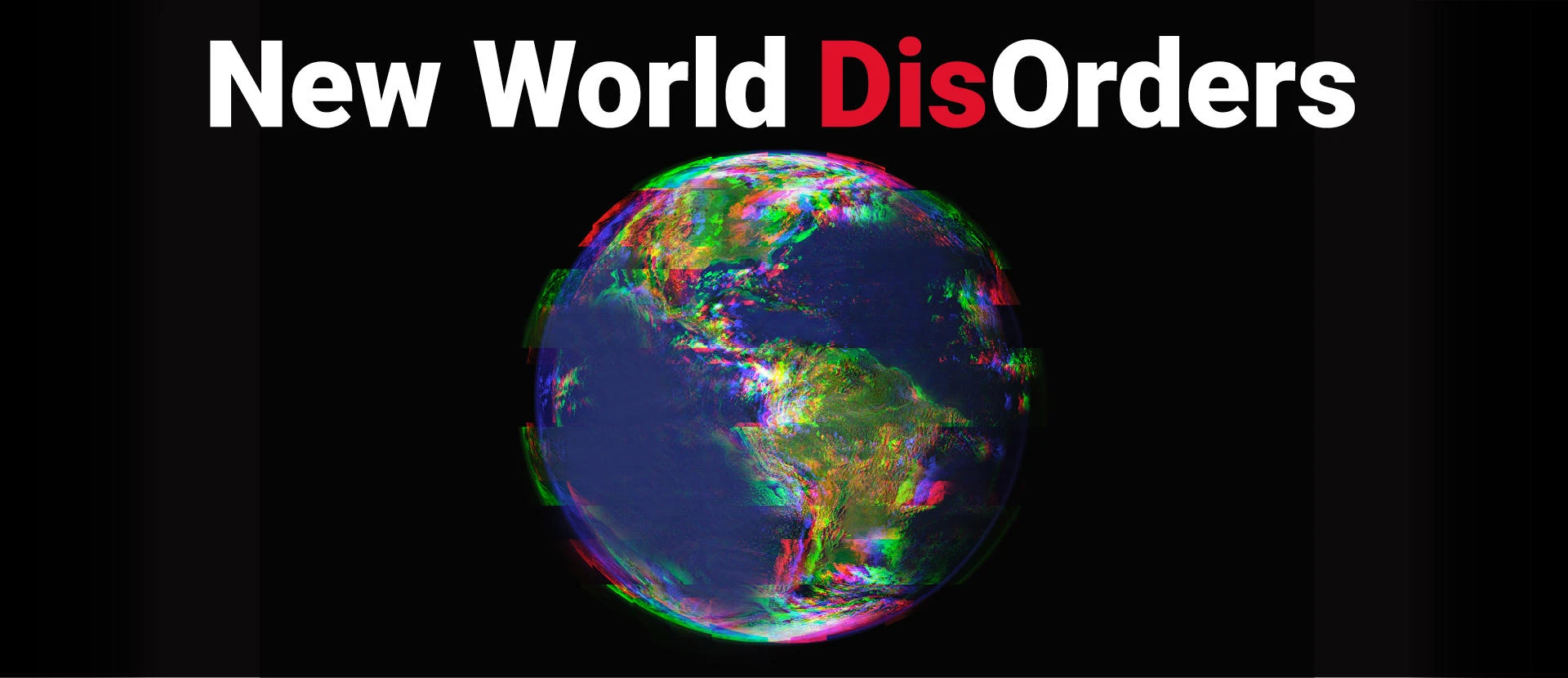A New International Order? Peacemaking after the First World War

A century after the Treaty of Versailles was signed in 1919, this session will reappraise the peace settlement that followed the First World War.
On 28 June 1919 the Versailles peace treaty was signed between Germany and its First World War opponents, including Britain, America, France, Italy, and Japan. The treaty was intensely controversial, and has remained so. Disillusioned liberals such as John Maynard Keynes condemned it as unjust and unworkable, and much of German opinion agreed them. It has been blamed for inflaming German nationalism, enabling Hitler's rise, and causing the Second World War. Yet other commentators have seen the treaty as too weak, or as being neither consistently conciliatory nor consistently repressive, thus falling between two stools.
This session will reappraise the 1919-20 peace conference, an exceptional moment when it briefly seemed possible to reshape the international order. It will include presentations on the 'war guilt' question and German attitudes; on Keynes, reparations, and the economic settlement; and on security, disarmament, and the League of Nations. Three contributions by experts on the settlement will be followed by a round-table discussion and by questions from the audience.
Professor Michael Cox is Emeritus Professor of International Relations at the LSE. He has published extensively on international relations and international history, and is now researching on J. M. Keynes.
Professor Annika Mombauer is Professor of Modern European History at the Open University. She has many publications on German history before and during the First World War.
Professor David Stevenson is Stevenson Professor of International History at the LSE. He has published on the causes, course, and consequences of the First World War.
Professor Matthew Jones is an expert on British and American foreign policy, and especially on the British nuclear deterrent. He is Head of the LSE International History Department.
LSE's Department of International History (@lsehistory) teaches and conducts research on the international history of Britain, Europe and the world from the early modern era up to the present day.
Twitter hashtags for this event: #LSEFestival #NewWorldDisorders
This event is part of the running from Monday 25 February to Saturday 2 March 2019, with a series of events exploring how social science can tackle global problems.
Podcast
A podcast of this event is available to download from A New International Order? Peacemaking after the First World War.
Podcasts and videos of many LSE events can be found at the LSE Public Lectures and Events: podcasts and videos channel.
LSE holds a wide range of events, covering many of the most controversial issues of the day, and speakers at our events may express views that cause offence. The views expressed by speakers at LSE events do not reflect the position or views of The London School of Economics and Political Science.
From time to time there are changes to event details so we strongly recommend that if you plan to attend this event you check back on this listing on the day of the event.
LSE holds a wide range of events, covering many of the most controversial issues of the day, and speakers at our events may express views that cause offence. The views expressed by speakers at LSE events do not reflect the position or views of the London School of Economics and Political Science.
